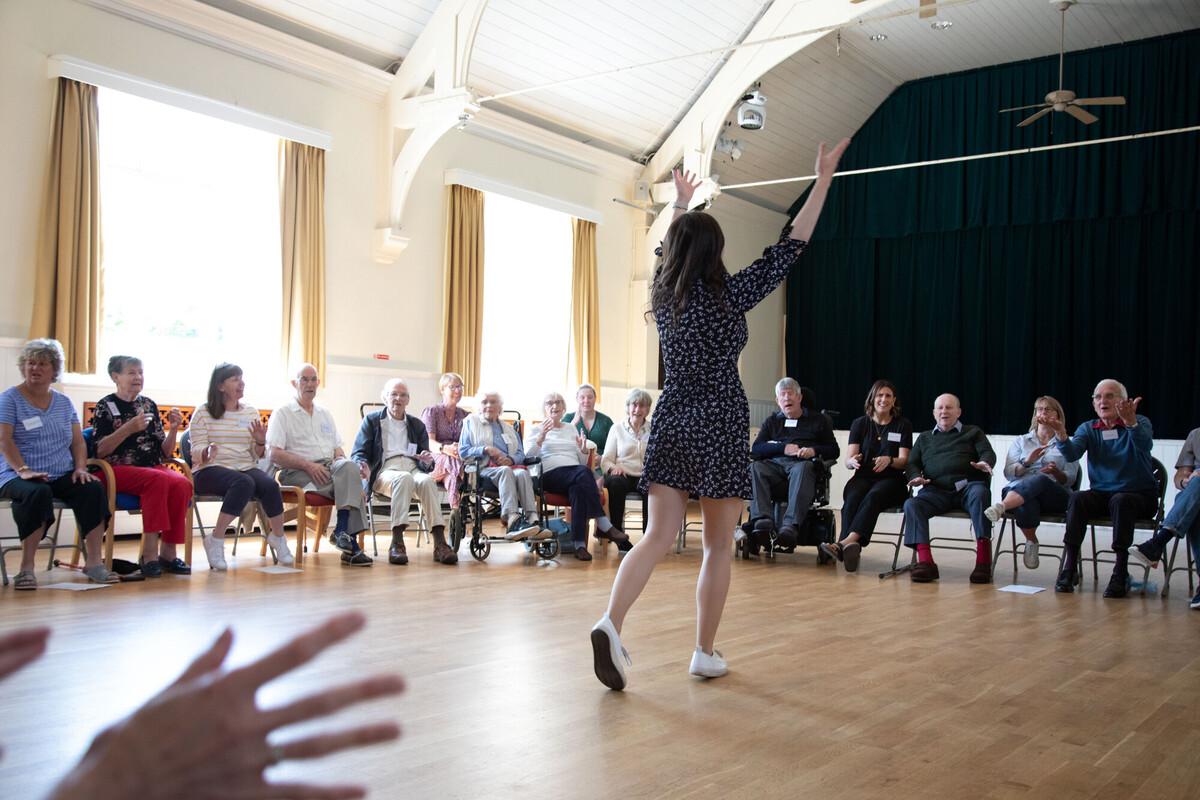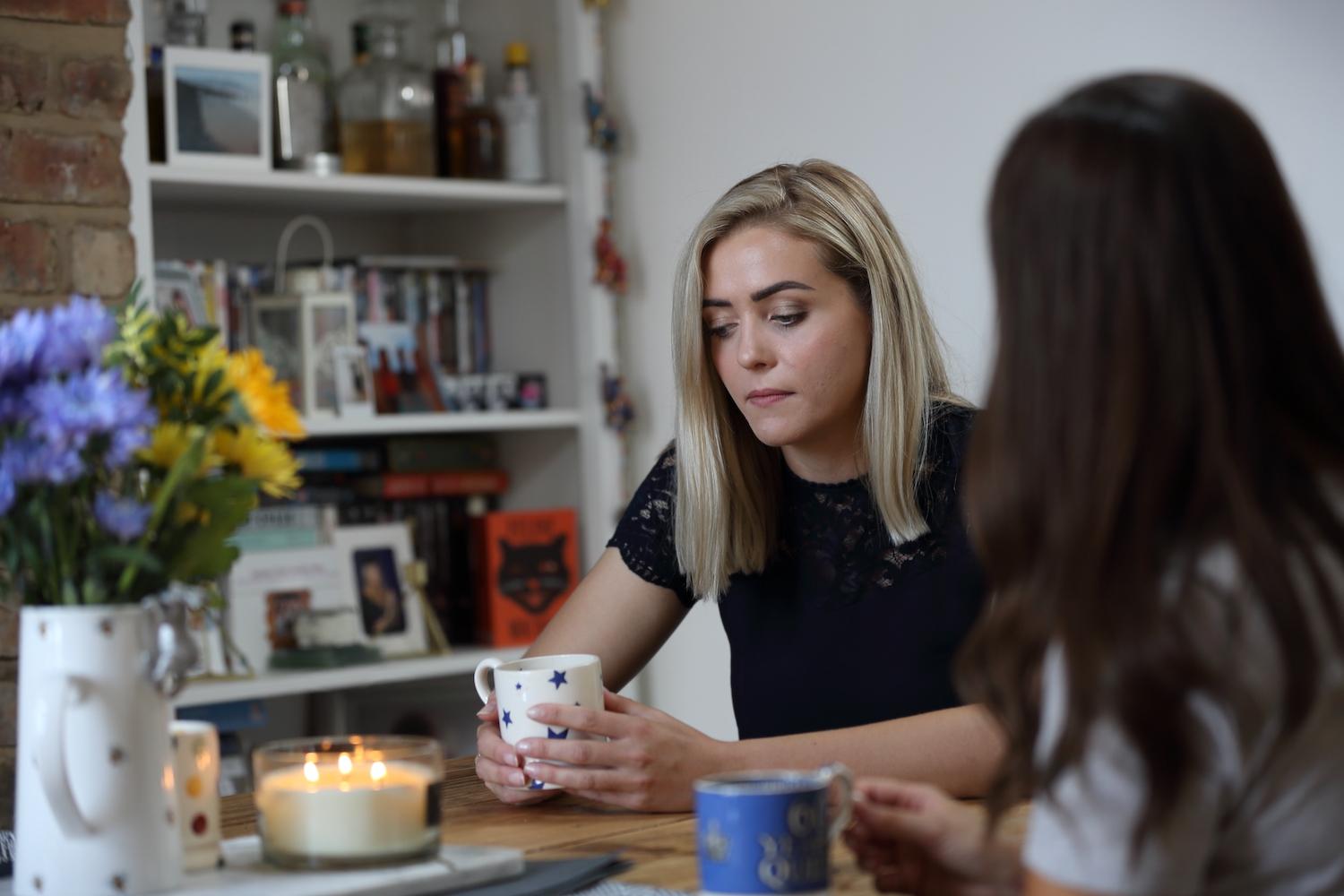Recovery is different for everyone. You’ll have your own aims and obstacles to overcome. Setting goals can help you track progress and keep focused.
You might want to increase your confidence in communicating. Or start exercising more regularly. Or even just work on being a bit more social.
No matter what your goals are, it can be difficult to know where to start. And how to stay motivated.
So we've put together five tips to help you with setting goals for your recovery journey.
1. Identify your goals
The first step to setting goals is to figure out what you want to achieve:
- Focus on what’s important to you. What are your priorities?
- Think of both short- and long-term goals. Recovery is a process, you won’t achieve everything at once.
If your speech has been affected by your stroke, you may want to set goals around your communication. Maybe you want to be able to introduce yourself at a stroke group meeting. And then work towards the confidence to lead a meeting at some point in the future.
Or maybe you're feeling very isolated and want to get out and about a bit more. With a view to joining a stroke group in the future.
2. Make your goals specific and achievable
It's all well and good saying you want to "be more social" or "improve your communication", but what does that actually mean in practical terms.
By making a goal that is specific, it will be easier for you to measure your progress towards that goal.
For example, let's say you were a keen gardener before your stroke. Rather than saying “I want to get back to normal”, you could set a goal that says “I want to weed the garden”.
3. Break your goals down into small steps
Think about things you can do in the short term. If a goal is too difficult or too far off in the future, you may find it hard to stay motivated.
In the below video, Rachel talks about starting off with a goal of walking to her postbox every day. Only after she can achieve this does she set a more difficult goal.
If Rachel had set an initial goal of walking that half mile or carrying her baby down the stairs, it would have been easy to get discouraged. But she started small and built up to those larger goals.
Small steps will help you reach your overall goal in the end.
4. Track your goals
Make a note of what you want to achieve. Write it down on a piece of paper or a bulletin board.
Then make note of the progress you have made towards your goal. This will help keep you motivated and on track.
Let's use the example of being able to walk to a certain location, maybe a postbox like Rachel. Make a note of how far you get each day. Some days you'll be closer than the day before. Other days you might not get as far. But overall, you will see your progress towards your goal.
5. Keep trying and remember you aren't alone
It's important to remember that no one gets everything perfect the first time. Don't be discouraged if you don't achieve your goals right away.
If you find that you have got a bit stuck, reach out and ask for help.
You could contact our Helpline to find out if there are any resources that could help you. Maybe your local stroke group has meetings or activities that would help.
For example, if you want to work on your communication, you might find going along to a tea and cake event at your group low stress way of practicing. Or you might keep a communication aid on you when you go out, just in case.
6. Celebrate every success
Once you have reached a goal or overcome an obstacle, celebrate – no matter how small.
Recognising the progress you have made and celebrating your victories is the best way to stay motivated.
You can even get your friends and family involved. Let the know about your goals. Tell them about the ups and downs of your journey. They can talk with you about your activities and celebrate your successes too.
Talking with other stroke survivors, either in a group or on the forum, can also be a great way to talk about your successes. They will understand what the achievement means to you.
Other blogs in this category

Community, connection and coping - support for your mental health after stroke
Having stroke can impact on your daily life, relationships, and…
Learn more

Feelings of grief after a stroke
The process of coming to terms with a stroke diagnosis can be…
Learn more
